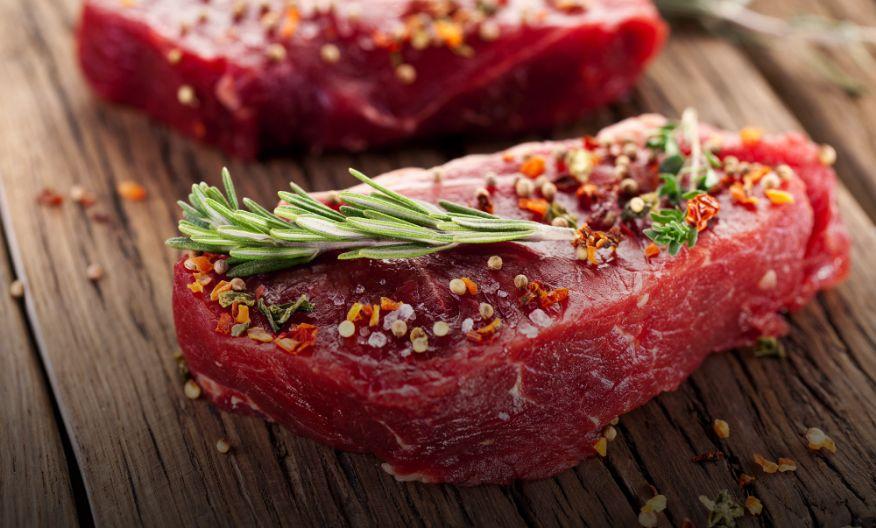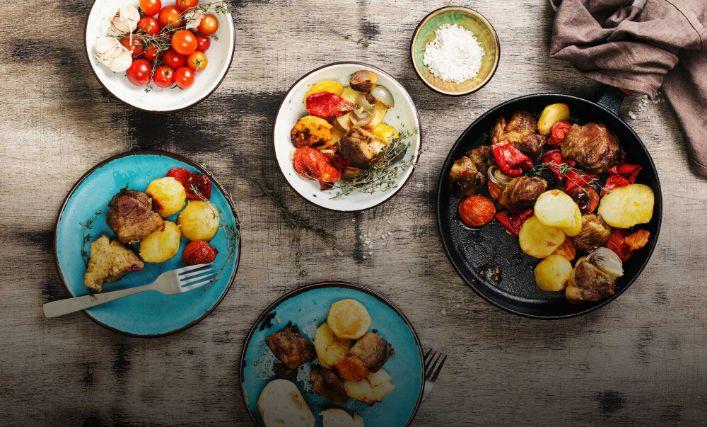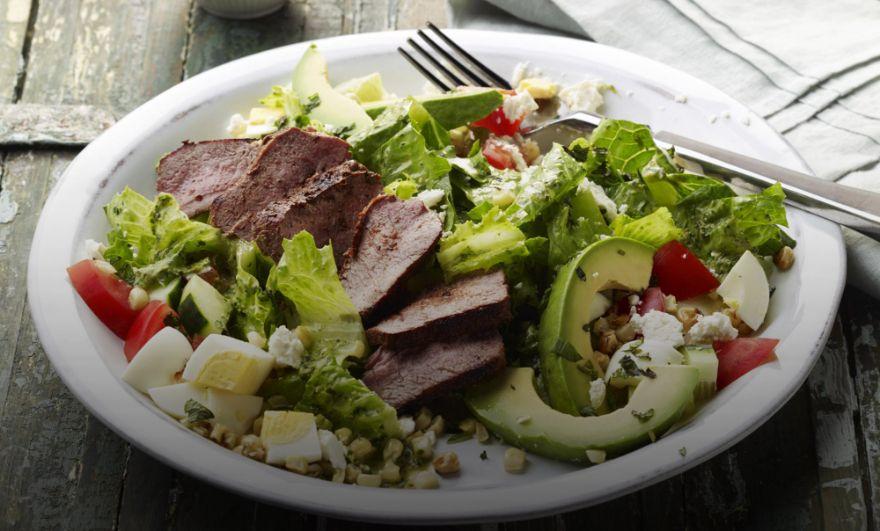- Home page
- Give your body the nutrition it deserves
- Get your iron needs met
Lamb and beef are two of the best sources of well absorbed iron.
The Australian Dietary Guidelines recommends having 65g a day of red meat or 130g every second day because it is one of best sources of iron and zinc in the Australian diet. Therefore, eating beef and lamb 3 to 4 times a week helps to meet your iron and zinc needs.
Why does your body need iron
- For energy - iron is essential for producing energy from food and contributes to the reduction of tiredness and fatigue.
- For your brain - iron carries oxygen to the brain and contributes to normal cognitive function i.e. ability to concentrate and learn.
- To fight infections - the immune system depends on iron to work properly.
- For normal growth and development - in babies, toddlers and children.
There are two types of iron found in food
Haem-iron - which is well absorbed by the body and only found in beef, lamb, pork, chicken and fish. The redder the meat, the higher the amount of haem iron.
Non-haem iron - which is less well absorbed by the body. Plant-based foods such as iron-fortified breakfast cereals, dark green leafy vegetables, wholemeal pasta and bread, legumes, eggs and nuts contain only non-haem iron.
Tips for an iron-rich diet
- Try to include foods high in iron at meals.
- Eat beef and lamb 3-4 times a week; otherwise include plenty of other iron-rich foods every day.
- Maximise iron absorption from plant based foods such as breakfast cereal, legumes, nuts and spinach by combining them with either vitamin C-rich foods (e.g. oranges, strawberries, tomatoes) or foods containing haem iron (e.g. beef or lamb).
- Avoid drinking tea, coffee and cola drinks with your meals. Instead, enjoy these drinks between meals.
Could you be low in iron
Around 20% of Australian women of childbearing age are low in iron and levels may be even higher in young women where estimates of up to a third have been reported. The symptoms of iron deficiency are subtle and may be mistaken for a ‘busy lifestyle’. If you have any of these symptoms, you may be low in iron and should see your doctor to have your blood levels checked:
- Tiredness
- Lack of energy
- Poor concentration
- Irritability
- Frequent infections
Foods to eat to increase your iron level
To boost the iron content of your diet, follow these four easy steps:
- Try to include foods high in iron at meals.
- Eat beef and lamb 3-4 times a week; otherwise include plenty of other iron-rich foods every day.
- Combine vitamin C-rich foods (e.g. oranges, strawberries, tomatoes) or foods containing haem iron (e.g. beef or lamb) with plant-based foods like breakfast cereal, legumes, nuts and spinach to maximise iron absorption.
- Avoid drinking tea, coffee and cola drinks with your meals. Instead, enjoy these drinks between meals.





